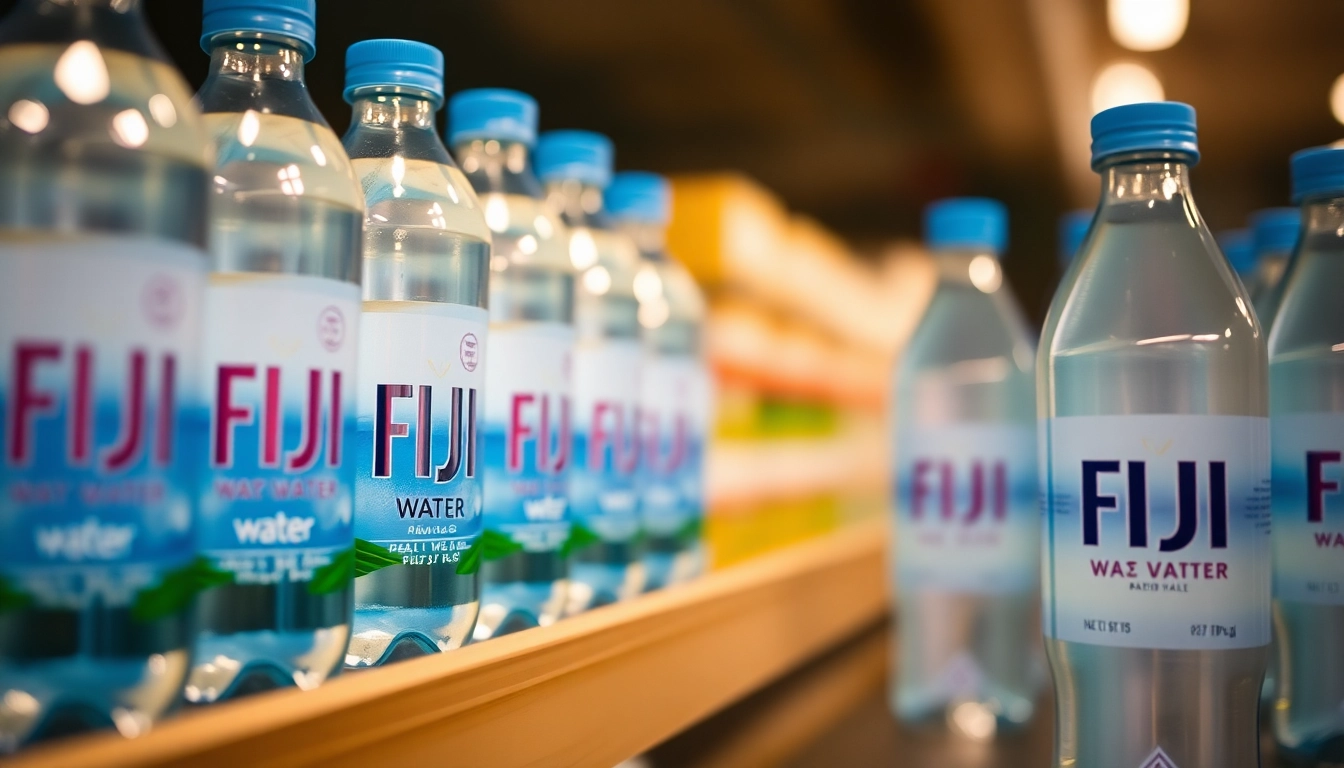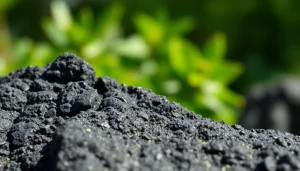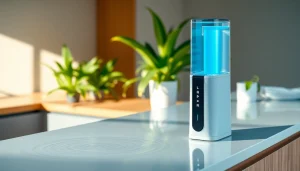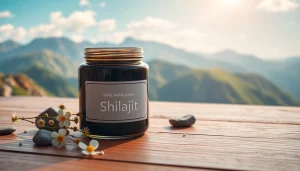Important Update: Fiji Water Bottles Recalled – What You Need to Know

In recent times, concerns regarding bottled water safety have come to the forefront, particularly highlighting the fiji water bottles recalled incidents. One such event that has raised alarm is the recall of nearly 1.9 million Fiji Natural Artesian Water bottles due to contamination fears, underscoring the necessity for consumers to be informed and vigilant. This comprehensive article delves into the recall details, the health implications associated with contaminated water, and provides guidelines on handling such situations effectively.
Understanding the Fiji Water Recall
What Triggered the Recall?
The recall of Fiji Water was announced by the U.S. Food and Drug Administration (FDA) on May 23, 2024. This significant action, categorized as a Class III recall, was prompted by the detection of elevated levels of manganese and certain bacterial contaminants in the products. Manganese, while a common mineral found in water, can pose health risks if consumed in excessive amounts. Alongside this, the presence of bacteria further aggravated the concerns, leading the Natural Waters of Viti Limited (the manufacturer) to initiate a voluntary recall of about 78,533 cases, which translates to approximately 1.9 million individual bottles.
Details of the Recalled Bottles
The specific batches affected by this recall predominantly included the 500 mL bottles sold in cases containing 24 bottles each. The recall encompassed products distributed across various retail and online platforms, notably affecting purchases made through large e-commerce sites like Amazon. The exact identification of the batches requires consumers to check product codes, which are crucial for pinpointing the specific items being recalled.
Health Risks Associated with Contaminated Water
When discussing bottled water safety, the health risks posed by contaminants cannot be overstated. Excessive levels of manganese can lead to neurological issues, especially in children and pregnant women. This mineral, when ingested in high amounts over extended periods, might affect cognitive functions and lead to movement disorders. Additionally, the bacteria detected can range from being harmless to severely pathogenic, potentially causing gastrointestinal illnesses or more severe health complications.
How to Identify Recalled Fiji Water Bottles
Product Codes and Packaging Details
To ascertain whether you possess a recalled bottle, it’s essential to focus on specific product codes located primarily on the neck or bottom of the bottles. The particular recall details released by the FDA indicate the packaging standards and the identification disclosures required for verification. Consumers are advised to check these codes meticulously against the official recall notices available on FDA’s website to confirm product safety.
Where Were the Recalled Bottles Sold?
The recalled Fiji Water bottles were distributed widely, with most being sold online through platforms like Amazon and in physical retail stores across the United States. It’s critical for consumers who purchased Fiji Water during the identified time frame to verify their products against the recall notifications, as this will determine the next best action to take concerning their safety.
Consumer Guidelines for Checking Products
To ensure consumer safety, follow these guidelines:
– Inspect your inventory: Check your stored bottles against the recall notice. If in doubt, it’s better to err on the side of caution.
– Use product codes as your primary identifier: Familiarize yourself with the product codes mentioned in the recall details.
– Stay informed through official channels: Regularly check updates from the FDA or Natural Waters of Viti Limited regarding the status of the recall and safety guidelines.
What to Do If You Have Recalled Fiji Water Bottles
Steps for Safe Disposal
If you discover you have a recalled Fiji Water bottle, proper disposal is paramount. Here are the recommended steps:
1. Place the bottles in a sealed bag to prevent any leaks or spills.
2. Dispose of them in the household waste bin, ensuring the bottles are not sent for recycling until confirmed safe.
3. Avoid pouring the water down the drain to steer clear of potential environmental health risks.
How to Seek Refunds or Replacements
Natural Waters of Viti Limited offers avenues for refunds and replacements for consumers affected by the recall. To seek a refund:
– Contact customer service: Use the contact details provided on the recall announcement or available on their official website.
– Provide necessary information: You may need to share product codes, purchase details, and personal information to process your claim promptly.
Contact Information for Customer Support
Should you have questions or concerns about the recall, reaching out to customer support is essential. Below are typical methods to contact:
– Phone: The customer support hotline usually listed on the product label or company website.
– Email: Many companies provide email support, which can often be found on the contact us page of the official website.
– Social Media: Engaging with the company through social media platforms can also yield rapid responses.
Official Responses and Resolutions
FDA’s Role in Water Bottle Safety
The FDA plays a critical role in overseeing the safety and quality of bottled water products. Their rigorous testing standards are designed to catch potential contaminants, thereby protecting consumer health. In cases like the Fiji Water recall, swift actions are essential in mitigating risks associated with contaminated products, thereby upholding public safety.
Statements from Natural Waters of Viti Limited
In response to the recall, Natural Waters of Viti Limited has made public statements acknowledging the situation and stressing their commitment to product safety. The company has assured consumers that rigorous testing and measures are in place to prevent future occurrences. They have also expressed gratitude for the understanding and cooperation of their customer base during this recall.
Updates on Product Availability
Following the recall, the reintroduction of Fiji Water products to the market will depend on the ongoing assessments by both the FDA and the company. Consumers can expect updated availability announcements post-resolution, emphasizing safety checks have been performed before retail distribution resumes.
Future Considerations for Bottled Water Consumers
Signs of Safe Bottled Water
As consumers navigate the market of bottled water, recognizing the signals of safe products is key:
– Look for quality seals: Products should have appropriate food safety certifications.
– Transparent recall history: Manufacturers should openly communicate any recalls and safety issues.
– Consistency in packaging: Any changes in packaging could be a red flag, signaling quality or source changes.
Understanding Water Quality Standards
Familiarizing yourself with water quality standards can equip consumers in making informed decisions. Regulatory bodies like the EPA outline specific criteria for safe drinking water, including limits for contaminants and their acceptable levels. Staying educated on these standards can benefit consumers greatly, allowing them to advocate for better quality products.
Monitoring Similar Products for Recalls
Water quality issues are not exclusive to Fiji Water. Consumers should keep a vigilant eye on broader industry trends. Monitoring news outlets and regulatory announcements can provide insights into other brands that may face similar issues.
In conclusion, the recall of Fiji Water serves as a crucial reminder of the latent risks associated with bottled water consumption. Armed with information and resources regarding safety practices, consumers can navigate these challenges effectively. Staying educated about product recalls and manufacturer responsibilities is essential in enjoying safe, high-quality drinking water.







